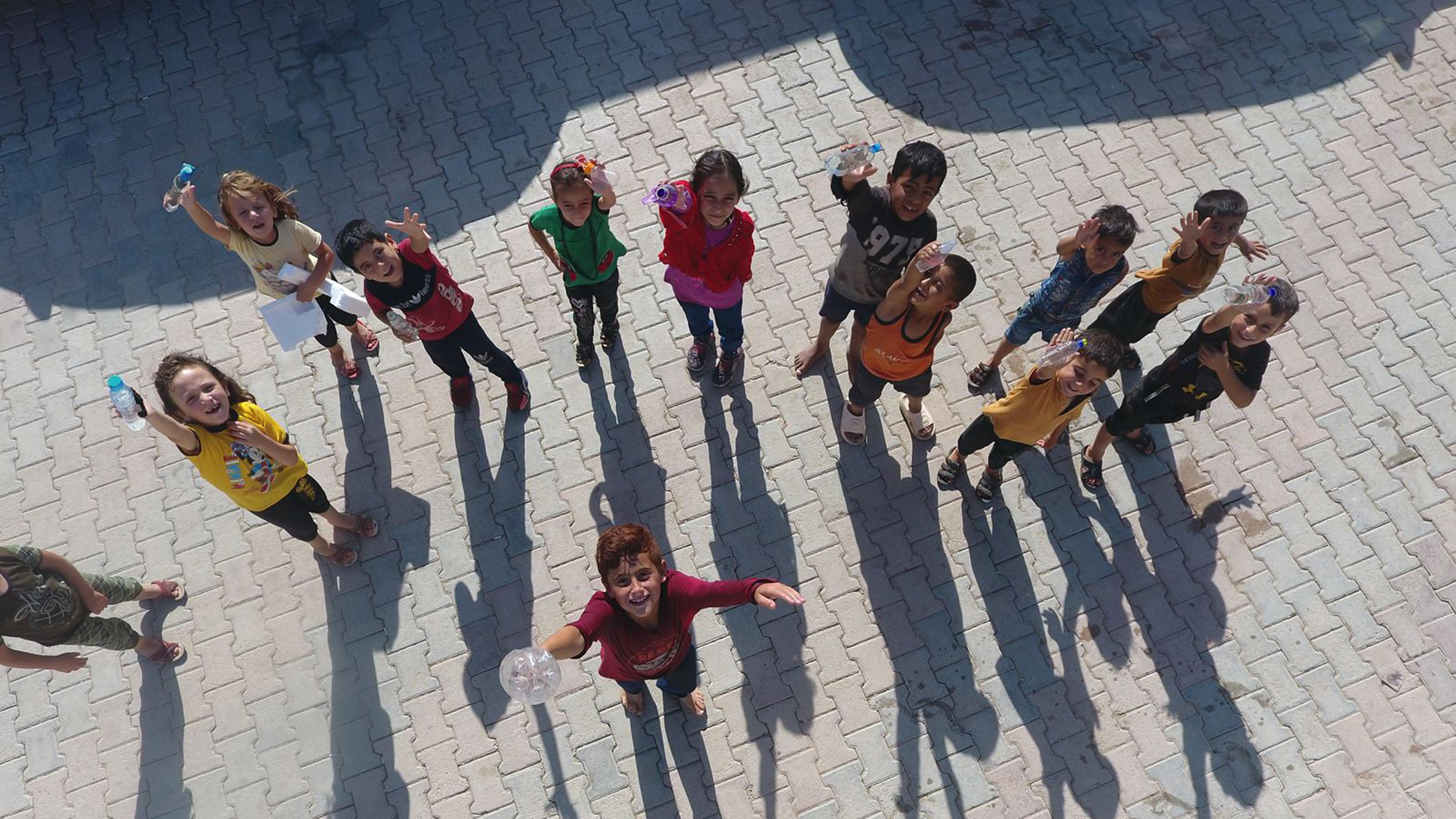Enhancing access to safe drinking water in Northwest Syria
 © Field Ready Turkey
© Field Ready TurkeyWhat is the challenge?
Water is an essential resource for the survival of civilian populations, and any damage of water resources or infrastructure can have devastating consequences during and after armed conflicts or natural disasters. In April 2023, a UNOCHA report highlighted the urgent need for Water, Sanitation, and Hygiene (WASH) assistance in Northwest Syria, where 1.1 million people were affected by earthquakes and a recent cholera outbreak.
Furthermore, the ongoing and highly politicized armed conflict heavily restricts the provision of goods and services into Syria. In July 2023 the UN security council failed to renew the resolution on humanitarian cross border operations, which is the lifeline to 4,1 million people dependent on aid. These conditions emphasise the need for an innovative approach to find solutions that can be implemented locally, to alleviate the water crisis in the region.
What is innovative about the project?
To address the challenges of the region, the project will rely on localisation and bottom-up innovation.
We seek to encourage and support the establishment of local manufacturing facilities for water filtration systems and related equipment. This will be done by building upon existing capacities and leveraging humanitarian engineering expertise and technological assets. Concepts to be explored are technology integration, operation optimisation and alternative materials through local manufacturing, community involvement and partnerships with relevant stakeholders.
What are the expected outcomes?
The project aims to facilitate growth of locally based private sector providers that will enhance people’s access to Water, Sanitation, and Hygiene (WASH) and support the INGO’s ability to deliver cost efficient and locally available water treatment solutions to the communities they serve.
Expected project outcomes are to deliver safe and reliable water access for affected populations, empower communities and develop a more diverse funding ecosystem for lasting impact.
Who are the project partners?
The project is led by Engineers Without Borders Norway and Field Ready Türkiye. Through the innovation process they will partner with relevant stakeholders and engage the private sector.